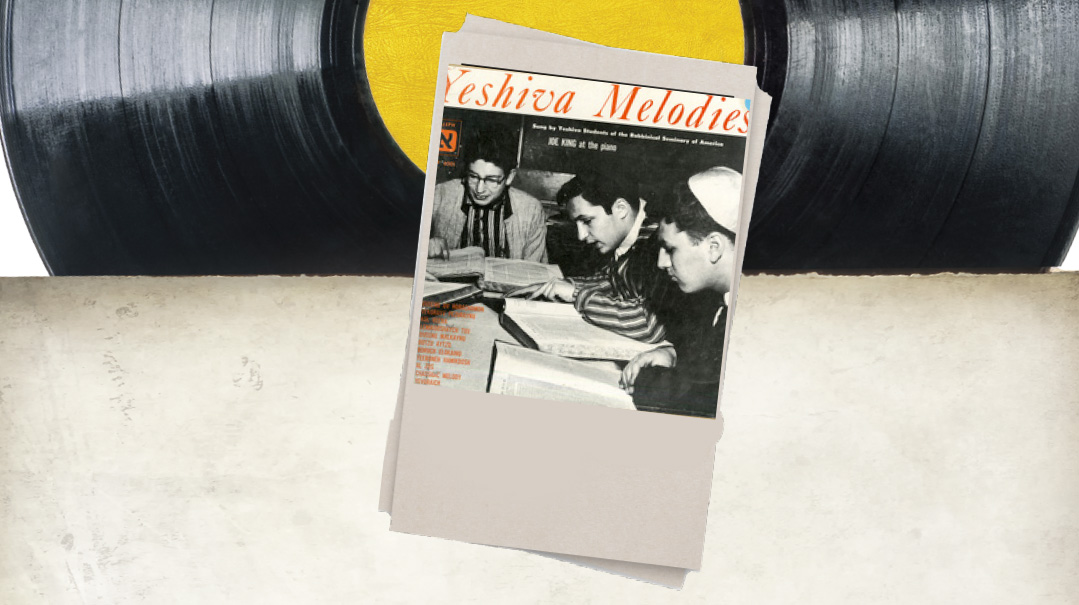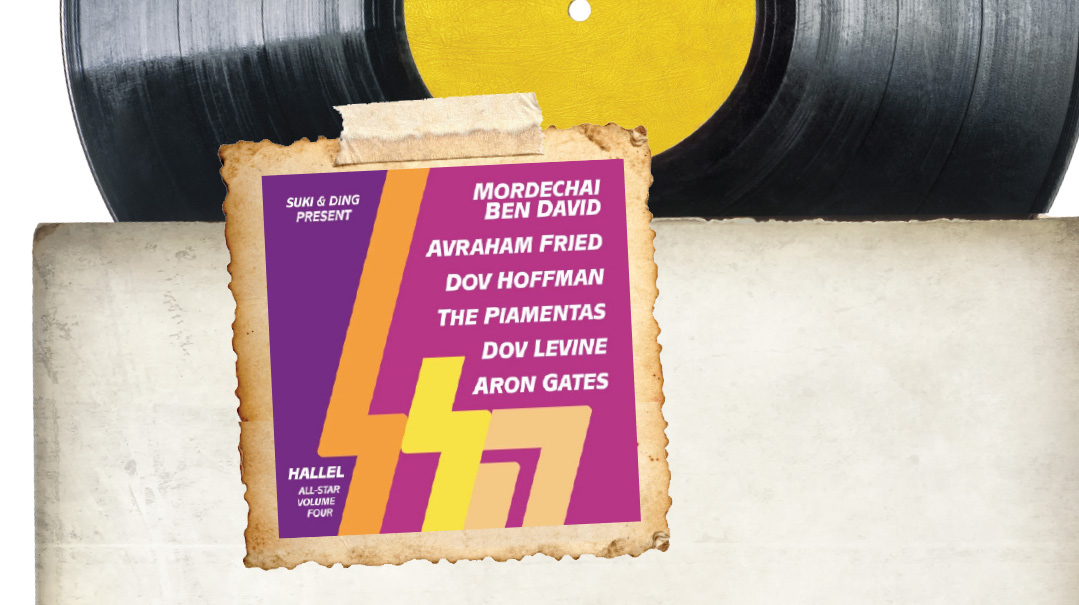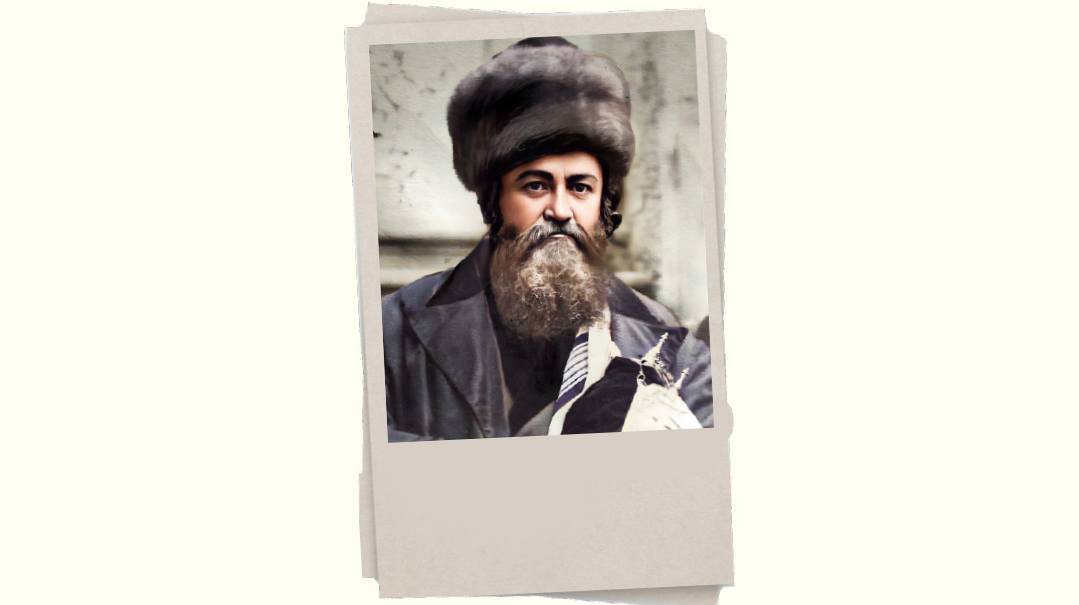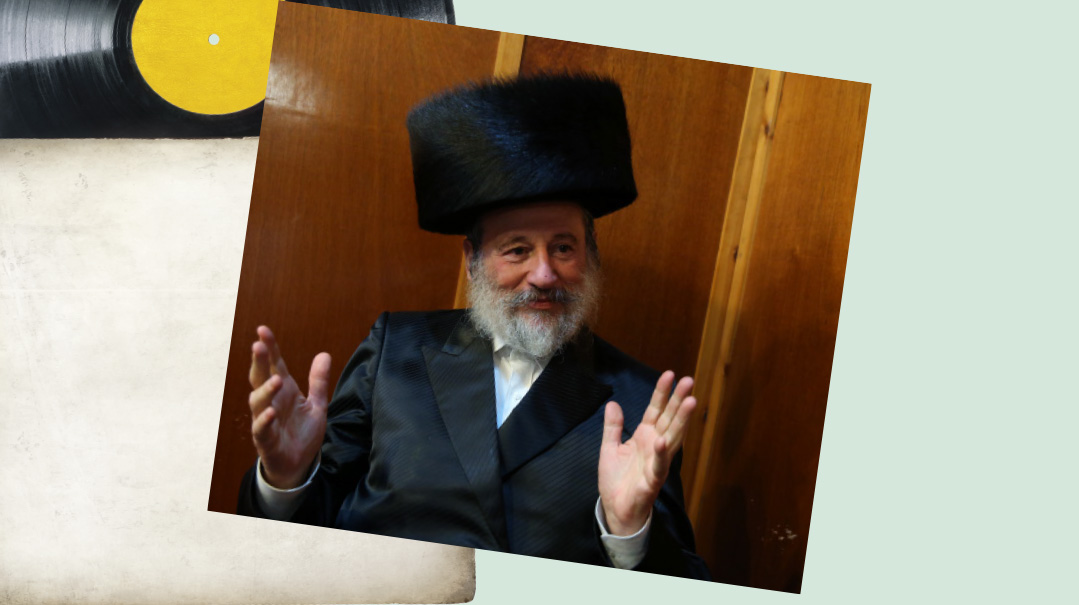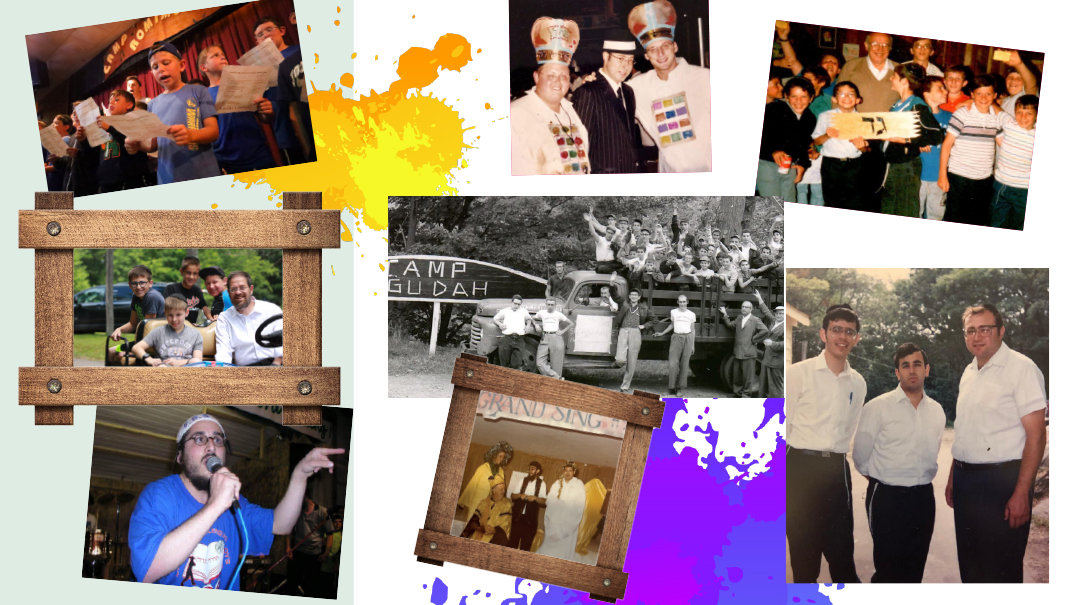The Light Never Burns Out

Ask me my favorite holiday and I’ll say Chanukah — and don’t think it’s just because there are so many concerts and it’s when we sell the most DVDs.
Over the years, people have asked me about the source or origin of classic Chanukah songs. Who wrote Maoz Tzur, for instance? Actually, the famous piyut was written in Germany sometime in the 13th century. Its first five verses — describing the galus of Mitzrayim, Bavel, Persia, and Greece — are an acrostic that spell out the name “Mordechai,” but which Mordechai was it? Some scholars speculate that he was the same paytan Mordechai ben Yitzchak who wrote the Shabbos zemer “Ma Yafis.” And the sixth stanza, spelling out the word “ChaZaK” (“Chasof Zeroa Kodshecha”)? It too might have been written by Mordechai (since he was known as “Mordechai ben Yitzchak Chazak”), although some researchers think it was added about 300 years later. Whoever wrote it, it’s a clever allusion to the Christian galus (“admon” refers to Edom, or Rome). The melody is also somewhat of a mystery — did Mordechai write the tune as well, perhaps adapting it from a similar German folk song?
The iconic “I Have a Little Dreidel,” which has been around forever, was in fact composed by a man named Samuel Goldfarb somewhere around the turn of the 20th century. He only wrote about making a dreidel out of clay, but over the years, many people have added to the song, making dreidels out of wood, gold, and even ice. My personal favorite is “I made it out of plastic, and when I land on gimmel, I think it’s just fantastic.”
No matter what new songs come up, some of the old favorites are still irreplaceable. There’s “Yevanim,” written by Rav Shmuel Brazil when he was a bochur almost 50 years ago — that’s the one sung by Avraham Fried on his Around the Year II album and can be heard in the original on a vintage album called Shmelkie’s Niggun.
Then there’s the famous “Al Hanissim,” written by Dov Frimer back in 1972, and subsequently recorded on at least 20 different albums, including on our own Uncle Moishy Chanukah album. Of course, we should give an honorable mention to “Chasof,” written by Baruch Levine and sung by Yaakov Shwekey. And let’s not forget the famous Maccabeats parody, “Candlelight.”
One other song that was a mega hit over three decades ago was “Colored Candles,” written by Eli Nathan of Destiny fame. It was on the first Destiny album back in 1985, about an assimilated Jew whose daughter came home one day to ask why they couldn’t have a tree like their neighbors did. So the man went out and brought home a menorah and lit it, and one by one, all the “goyish” neighbors started to come by and thank him for the wonderful memories, until, lo and behold, pretty soon every window on the block had a menorah (“Yes they had one memory / yes their fathers they did see / lighting colored candles on the windowsill...”). I highly recommend looking up the song if it was before your time — it’s a powerful listening experience.
The fifth day of Chanukah marks the second yahrtzeit of Aaron Yitzchak (Larry) Gates. You might not know him but you’ve definitely enjoyed his work. Larry was a man of a million talents. He was the engineer for hundreds of Jewish albums that came out in the last 30 years, and he was also the voice of many children’s characters — Yanky Strudle, and Professor Tzefloygin, to name just a few. In addition, Larry was the sound guy for so many unforgettable concerts — HASC, Ohel, and the like. With his other hat, he happened to be an advertising jingle expert, and even won a Clio award for the famous Toys “R” Us commercial, “I don’t want to grow up.” Larry’s sense of humor was on the button, and going to his studio was always the highlight of recording an album. May his neshamah reap the benefits of all the Jewish songs he planted in so many Jewish homes.
Last year Chanukah, we were all overjoyed to celebrate the release of Reb Sholom Mordechai Rubashkin, and thinking about him brings back memories of the Uncle Moishy concert we did for him in Postville, Iowa, about 20 years ago. Reb Sholom wanted the concert to be for the entire town of Postville, not just the Jewish kehillah — he said that publicizing Hashem’s mitzvos is a beautiful thing for everyone. May all those still in need of a miracle receive it with joy and music.
(Originally featured in Mishpacha, Issue 737)
Oops! We could not locate your form.







